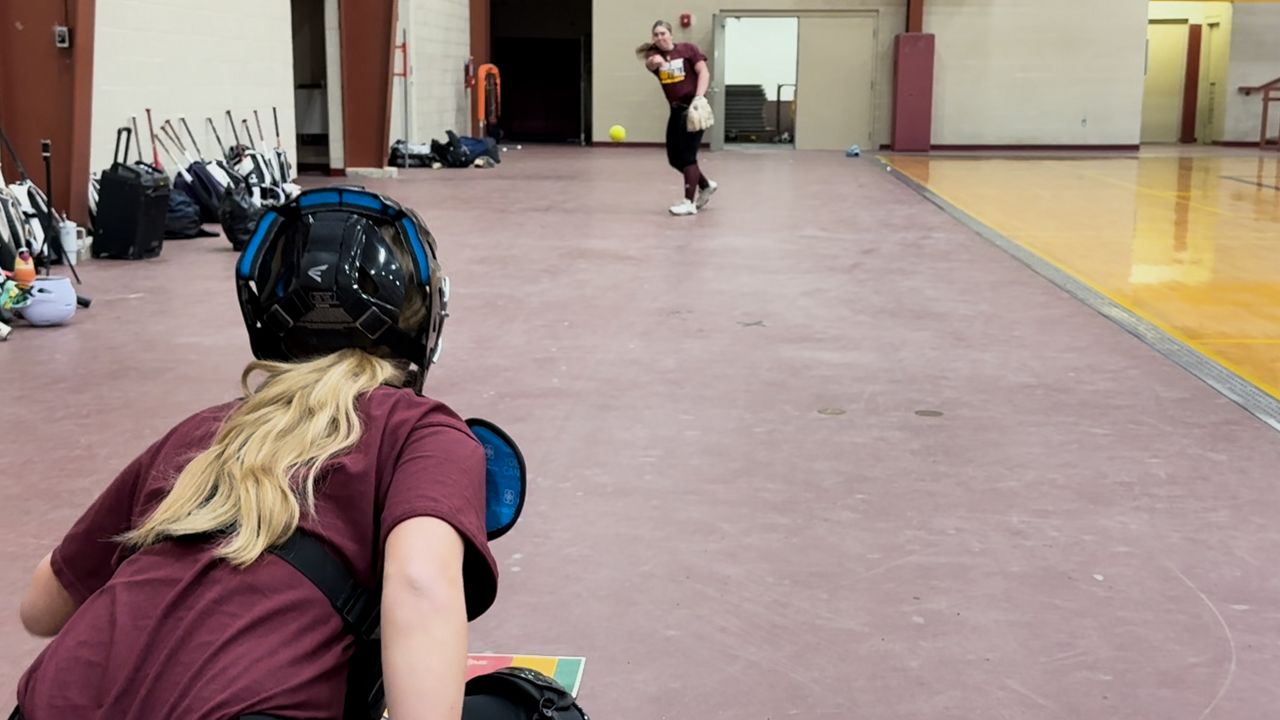CLEVELAND — There's no more feeding the geese in one northeast Ohio community. The City of Mentor has declared the Canadian goose a nuisance health risk animal, and it’s now illegal to knowingly feed the geese in that city.
Ante Logarusic works for the City of Mentor and he also used to feed the geese.
"Of course I fed geese when I was a kid. Every kid loves to feed geese when they’re kids, but it’s not good for them, and it’s really not the right thing to do," he said.
Those days are done for Logarusic, after the City of Mentor made feeding the birds illegal.
"So the problem with feeding the geese is it creates an artificial food source which keeps them from moving on. They should be migrating and when you feed them, they don’t. They tend to stick around and call Mentor home," he said.
The city said knocking nature out of balance is not in the best interest of the community, and there's another unpleasant problem that piles up when the geese don't migrate.
"The average goose can produce up to a pound and a half of feces a day. The feces gets into the ponds, into the streams, they make their way into the marsh, and ultimately, they lead into Lake Erie and that could contribute to algal blooms," Logarusic said.
If caught, those who feed the geese can end up paying a hefty price.
"If you’re caught feeding the geese, it is a fourth-degree misdemeanor and you can spend up to 30 days in jail or pay up to a $250 fine," he said.
Some Mentor residents, like Toni Perkins, are on the fence when it comes to the ban. Perkins has been living in Mentor since 1990 and said feeding the geese was a tradition in her family.
"When my grandchildren were young, and they’re both in their thirties now," she said. "What are we going to do, post policemen here? I don’t know how it would be enforced unless there was a police man here."
But Perkins can see the grass being greener on the other side of this new law.
"Because you could hardly walk anywhere in this park without stepping on (the feces)," she said.
Perkins said she’s found herself cleaning her shoes and even her dog's paws after a walk, something the city said will hopefully become a thing of the past.










